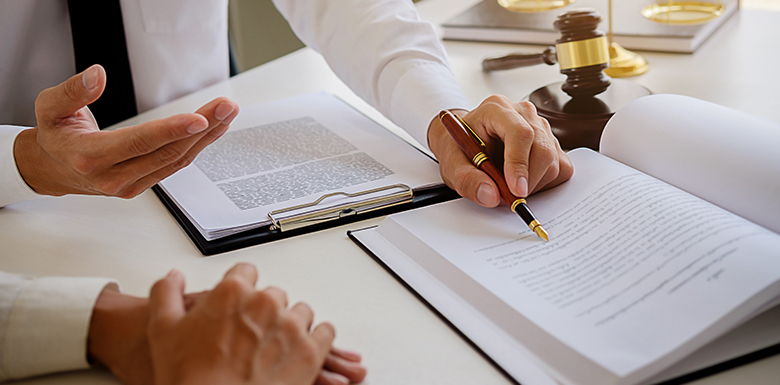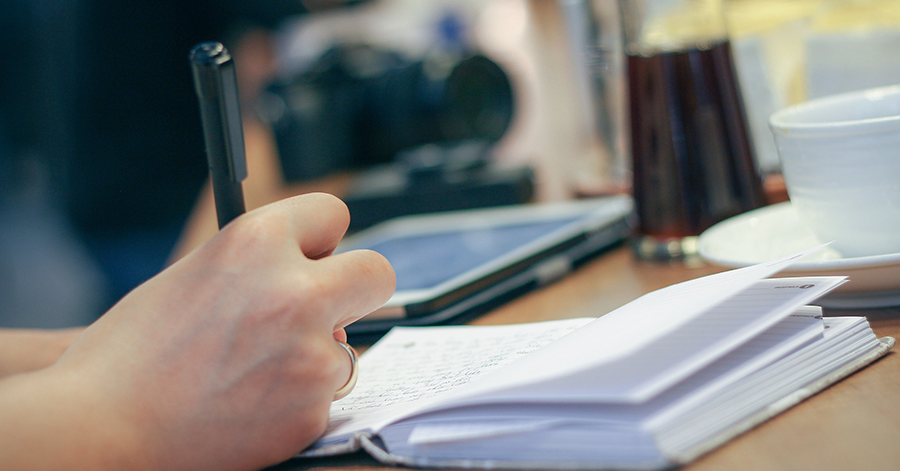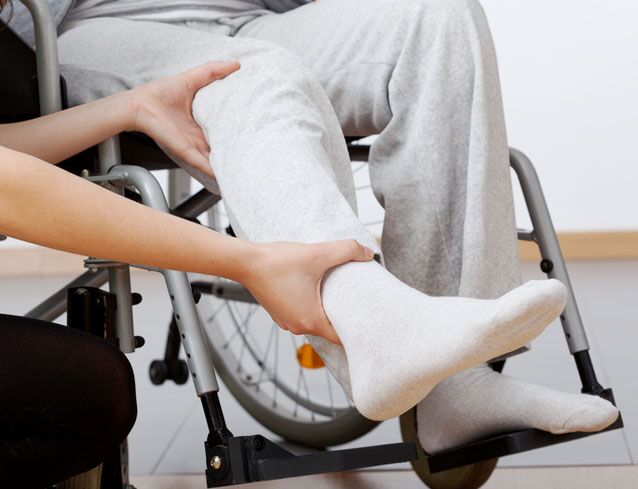
Trial preparation is a time consuming, complex, and often daunting task. It requires the ability to communicate effectively with team members as they build a case narrative.
The key to effective trial preparation is to anticipate defenses and counter attacks before they are advanced by the opposing party. It is essential to stay calm and focused throughout the process.
Depositions
Depositions are a necessary part of litigation, and they can either promote a settlement before trial or narrow down the issues that should be brought out in court. They are also a good opportunity to determine which witnesses will be willing to testify at trial.
The goal of a deposition is to gather sworn evidence from a party to the case, or a witness. It is a time-consuming process for lawyers, but can save money and stress on trial, since testimony may be secured before the trial starts.
A deposition is usually a day-long event, and is often conducted in an attorney’s office. Both defending and prosecuting attorneys are present, as well as witnesses and a court reporter.
When preparing for a deposition, it is important to remember that what you say is not evidence, but your answers are. Thus, it is important to answer questions truthfully and be sure to follow the rules.
If you are taking any medication, be prepared to let the attorney asking questions know this information ahead of time. This will ensure that you are not responsible for your answers if you have been under the influence of drugs or alcohol at the time of the deposition.
Subpoenas
Subpoenas are a legal document that is often used during discovery, which is the process of collecting evidence in a case. If you receive a subpoena, it is important to read it carefully and respond to it in a timely manner.
You may be required to appear in court and testify as a witness, or you might be asked to provide documents that will help the judge decide your case. A subpoena can be issued by anyone, including an attorney or a non-lawyer.
If you receive a subpoena, you should talk with an attorney right away to ensure that you are not in any way violating the law. Failure to comply with a subpoena can result in civil or criminal penalties.
In a civil case, you might be asked to produce documents or records that are related to your case. A subpoena usually requires you to bring these records to a certain location and appear in court at a specific time and date.
In a criminal case, you may be asked to testify as a witness. A subpoena might also require you to provide information to a government agency that is investigating your case. It is important to understand the differences between these two types of subpoenas, and how they will affect your trial preparation.
Witnesses
When it comes to trial preparation, witnesses play an important role. They provide insight into the case and the key facts surrounding it, which can prove crucial in determining the outcome of a legal matter.
Witnesses need to be thoroughly prepared in order to give effective testimony. They must understand their role as a witness, how to address and control their emotions during testimony, and how to respond to questions from counsel.
The best way to help your witness prepare for their testimony is through a psychology-based witness training program. This program helps them overcome their fear of speaking in front of a group and gives them the skills they need to deliver powerful and persuasive testimonies.
It also helps them become more comfortable with the courtroom environment and gives them confidence in their ability to speak effectively on behalf of their client. The programs include identifying pre-existing emotion, putting emotional regulation skills into place, learning cognitive reappraisal skills and continued practice utilizing learned skills.
It can be challenging for even the most well-prepared witnesses to give effective deposition testimony. This is especially true when it comes to witnesses who are emotionally difficult.
Exhibits
Exhibits are a crucial part of trial preparation. They can make or break a case, so it’s important to understand how they work and how to prepare them correctly.
Exhibits can be anything from physical objects to documents that are brought before the jury for inspection. They can also include information such as emails, notes, photos, maps, or diagrams.
The first step in preparing exhibits for court is to organize them properly. This includes labeling each exhibit and filing them in appropriate folders and dividers.
Another step is to create an exhibit list. This is a court document that lists all the exhibits that you plan to submit to the court at trial.
Finally, you’ll need to print out any electronic documents that are relevant to the case. While some courts will allow you to file them electronically, other courts may require a printed copy of the document for evidence.

In addition to the above, you should keep a master exhibit list that identifies the different issues that you plan to discuss at trial. This will help you ensure that all of the evidence you present is relevant and addresses each issue in a logical manner.
Opening Statements
Opening statements are a key part of trial preparation. They give the jury a preview of the case and present evidence to them.
They also allow the judge to understand what has happened in the case up to that point, so that they can better evaluate the evidence. A well-prepared opening statement can help jurors see the facts in the case and determine who is at fault.
Effective opening statements use psychological techniques, including the primacy-saliency effect and the recency effect, to maximize their impact on jurors’ perceptions of the case. They also carefully weave in persuasive techniques, such as rhetorical questions and inoculation strategies.
For a civil case, an opening statement should clearly and accurately state the burden of proof in order to avoid putting jurors on the defensive. This is not always easy to accomplish, but it’s important.
Another critical component of opening statements is to establish the legal issues and explain why they matter. This will enable the jury to make informed decisions during trial.
Defense attorneys should rarely waive or defer their opening statement. This risks jurors adopting the opponent’s view of the case at the outset, which will result in a bad outcome.
Closing Statements
Closing statements are a critical part of trial preparation. They are your final opportunity to persuade the judge and jury of why you should win the case. They also offer a chance to review the case and explain any remaining issues.
Your closing statement should be based on facts and evidence that you presented during the trial. Ideally, it should be logical and consistent with the law.
A good closing argument is one that leaves jurors with a sense of satisfaction and accomplishment. It should also be concise, powerful and persuasive.
It is a good idea to practice your closing argument several times before the trial so that you can be confident in it. You should also use demonstrative evidence whenever possible to illustrate key points.
In addition, you should never misstate the evidence or your position in the case. If jurors believe that you are lying or misstating the evidence, they will have no sympathy for your client and may even feel betrayed by you.
Jury Instructions
Jury instructions are a crucial part of trial preparation. They help the jury understand the law that applies to the evidence in a case and can guide jurors on the issues they must consider in arriving at a verdict.
Although jury instructions are not legally required, they play an important role in the process of a jury trial. Whether written or oral, instructions should be clear and concise and clearly illustrate to the appellate court what findings must be made by the jury in reaching its verdict.
Researchers have found that jurors often do not understand some of the law involved in a case, and their decisions become “lawless.” In order to remedy this problem, judges should be sure to explain and re-explain the laws in a way that is easy for jurors to understand.
In addition, the judge should try to give the jury a preliminary understanding of the substantive law that controls the claim and defenses. This way, they will be able to apply the law to the evidence that they hear at trial more effectively.
In addition, a recent white paper by the American College of Trial Lawyers suggests that lawyers and judges should design jury instructions specifically to counter four known human shortcomings in decision-making. These shortcomings include a tendency to abandon deliberate, logical thinking; the tendency to be distracted by personal interests or emotions; a tendency to engage in social comparisons; and a tendency to disregard facts.







